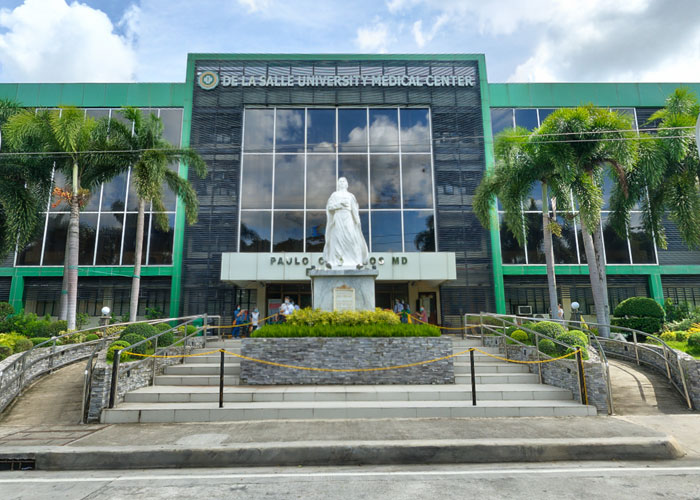
De La Salle Medical and Health Sciences Institute
De La Salle University Health Sciences Campus in the Philippines stands out as one of the top choices for MBBS education. Established in 1979, the institution offers a comprehensive range of services, including medical and health sciences education, healthcare provision through its Medical Center, and cutting-edge research at the De La Salle Angelo King Medical Research Center.
Today, De La Salle University Health Sciences Institute is recognized as a leading institution in higher education, healthcare, and research. It is dedicated to nurturing the next generation of medical and health professionals who are not only skilled in their fields but also committed to driving positive change in the spiritual, social, and economic landscape of the Philippines.
Apply Now Download Brochure







